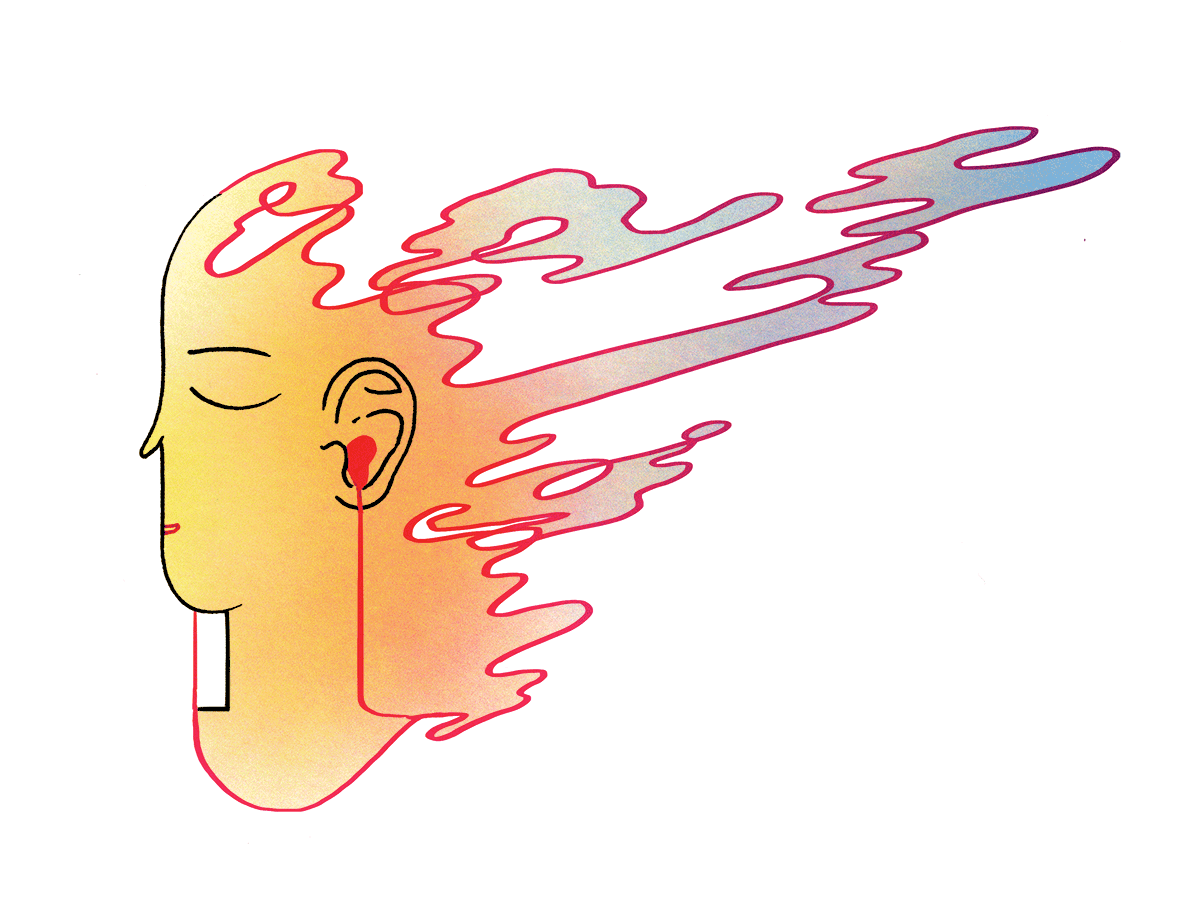
It’s that time of year again: time to reflect on the year’s best music. The Internet age makes this more and more difficult as the years go by. There is so much music being made; so many forgotten Bandcamps needing to be dug up; so many January releases begging to be re-listened to. This is only a sliver of the great stuff out there, and at best, a hopelessly biased one. Well, here it is: My highly debatable top five albums of the year. The 2015 Grammy nominees are out, and these are not they.
Father John Misty, “I Love You, Honeybear”
The first time I heard this album on the YouTube full-album stream (thanks Sub Pop), the first comment I read compared it to “John Denver reading an Olive Garden menu.” Fair play, YouTube commenter. I can’t quite put my finger on why I love this album so much, but despite its complete pretentiousness, there’s something touching about it. Josh Tillman’s lyrics are snide and occasionally somewhat despicable, but paired with such saccharine sound, something almost unintentionally genuine results. I lost my ambivalence somewhere around the transition between “True Affection,” a melancholy techno-pop meditation, and “The Night Josh Tillman Came To Our Apartment,” which brilliantly juxtaposes sunny 1970s pop with bitingly cynical lyrics. Beneath Tillman’s smug demeanor, there’s a surprising vulnerability; it’s catchy as hell.
This is an EP, but it’s making the list because it’s just that good. Sheer Mag are an up-and-coming Philadelphia punk band that sound like the love-child of Thin Lizzy and the Jackson 5, bright and twangy, but with a sharp, anti-authoritarian edge. This is their second EP (the first is also worth checking out), and they’ve gone either deeper in claiming dude-rock for themselves. Vocalist Christina Halladay simultaneously pays tribute to traditional male-centric 1970s rock while also giving it the female voice it never had. The EP is short, but surprisingly complete. “Fan the Flames” is ridiculously catchy — a wonderfully poppy anti-yuppie anthem that’s worth playing on repeat.
Courtney Barnett, “Sometimes I Sit and Think, and Sometimes I Just Sit”
I was late to the party on this album, but I have listened to it so many times over the past month that I am seriously worried that I’m going to make myself hate it. But I probably won’t, because I like it more every time I listen. Courtney Barnett is the indie hero I didn’t realize I was so sorely missing, and this album is virtually flawless, influenced by a myriad of sources, but somehow not derivative. Barnett harkens back to the Velvet Underground, Nirvana, and most satisfyingly to Liz Phair’s “Exile in Guyville.” Somehow, though, she doesn’t sound quite like anyone else. Her songs are witty little vignettes that don’t take themselves too seriously, but they also carry microcosmic implications. The album strikes a delightful balance between whimsical observation and weighty maturity, helped along by its slick production.
Sufjan Stevens, “Carrie & Lowell“
God, I hope you’re ready to cry. Sufjan’s done it again, and with great reluctance I can proclaim that this album may be even better than “Illinois,” which celebrated its 10-year anniversary in July. “Carrie & Lowell” is Stevens’ reconciliation with the death of his mother, and the theme of grief pervades the album. It is starkly personal and acutely painful. What’s ultimately so heart-wrenching is the relatable nature of this grief — Stevens’ songs are personal, but the grief is so all-encompassing that you can feel it yourself. And yet, this grieving allows Stevens to create beauty out of despair. He has a knack for heart-wrenching storytelling, but when it brings the listener too close to tears, a beautiful musical landscape offers some respite. The pain pays off — just make sure you have tissues.
The Lucid Dream, “The Lucid Dream”
Neo-psychedelia is having a moment in indie rock right now, and it’s hard to stand out as truly great in such an overpopulated category. The Lucid Dream is a band that represents the darker, weirder side of psychedelia; it’s not psychedelic by way of watered down 1960s pop imitation, but by way of 1980s nihilism, inspired just as much by shoegaze and post-punk as by the hippie generation. The album is a little scary, delving at times into intense trance-like experimentation; there are minutes and minutes of instrumental noisemaking. But somehow, the band finds a purpose, building to moments of pop satisfaction that allow the listener to lean back into their chairs for a song, at least. The song “Unchained” is in fact, dare I say, catchy. Ultimately, this album is worth listening to a second time for its musical depth. The band shows love and knowledge of its musical forefathers, but doesn’t tie itself to any single influence, opting instead to toss them all into one sonic cauldron. This is the stuff that lasts after the trends have passed. Listen to “Cold Killer” on your morning commute; it’ll make your train ride feel like a high-speed film noir car chase.







